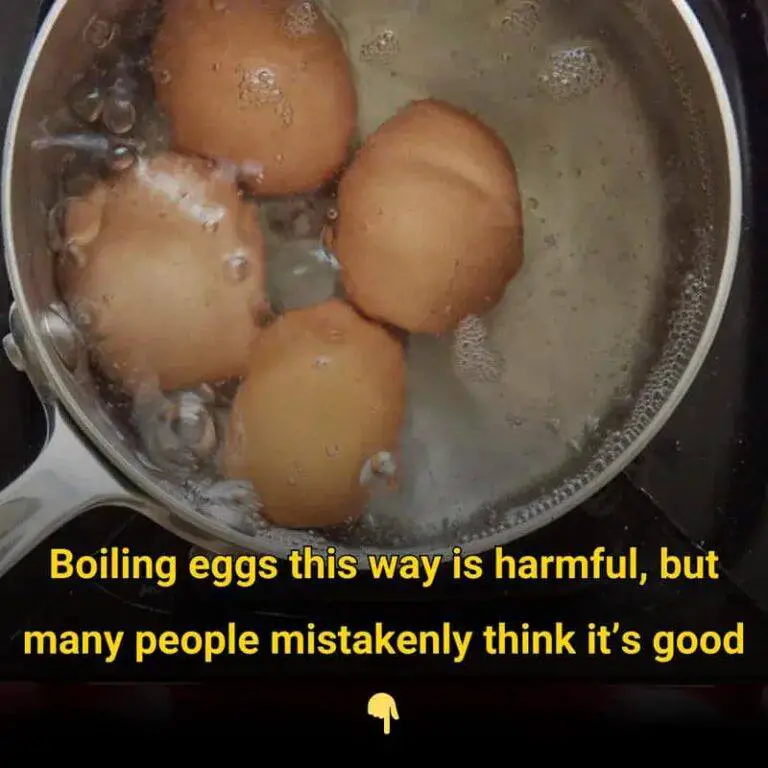Sharing is caring!
Boiling eggs is a fundamental cooking skill, yet several common mistakes can lead to less-than-ideal results. Avoiding these pitfalls ensures perfectly cooked eggs every time.
1. Starting with Boiling Water
Placing eggs directly into boiling water increases the risk of cracking due to the sudden temperature change. Instead, begin by placing the eggs in a pot of cold water, then gradually bring it to a boil. This method promotes even cooking and minimizes the likelihood of cracks.
2. Overcooking the Eggs
Boiling eggs for too long can result in a greenish ring around the yolk and a rubbery texture. To prevent this, once the water reaches a rolling boil, remove the pot from heat, cover it, and let the eggs sit for about 10 minutes. Then, transfer them to an ice bath to halt further cooking.
3. Using Eggs That Are Too Fresh
Fresh eggs can be more challenging to peel due to their lower pH levels, which cause the whites to adhere more strongly to the shell. Using eggs that are a week or two old can make peeling easier.
4. Skipping the Ice Bath
After boiling, placing eggs in an ice bath stops the cooking process and prevents overcooking. It also helps in firming up the egg whites, making them easier to peel.
5. Using the Wrong Pot Size
Using a pot that’s too small can cause uneven cooking and increase the chances of eggs cracking. Ensure the pot is large enough to hold the eggs in a single layer with ample water covering them.
6. Not Timing the Cooking Process
Relying on guesswork can lead to inconsistent results. Use a timer to ensure the eggs are cooked to your desired level of doneness, whether soft, medium, or hard-boiled.
7. Peeling Eggs Under Dry Conditions
Peeling eggs without any moisture can cause the shell to stick. Peeling them under running water or in a bowl of water can help remove small shell fragments and make the process smoother.
By being mindful of these common mistakes, you can achieve perfectly boiled eggs with ease.
Sharing is caring!
![]()



























